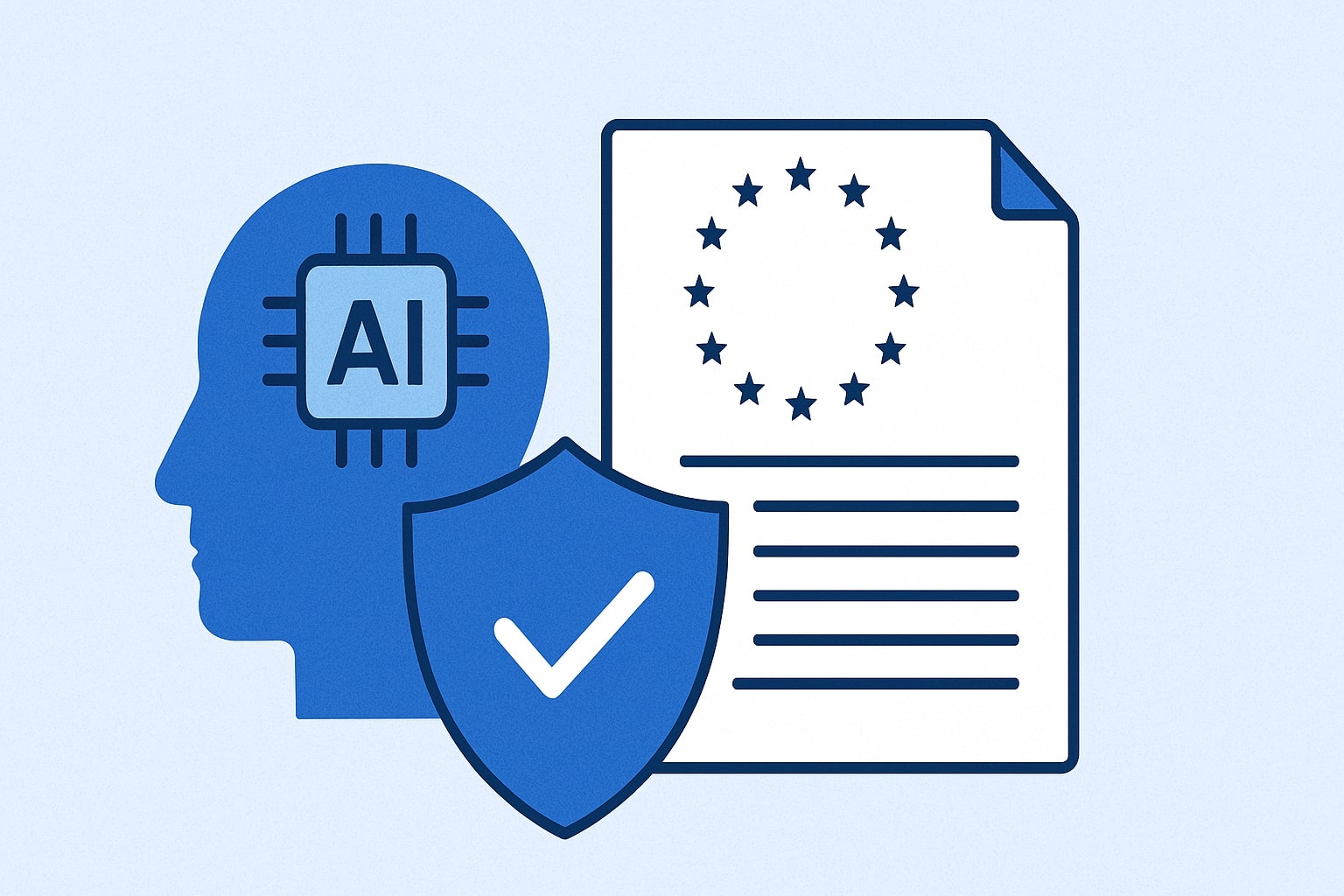Balancing AI Security and Costs in Healthcare
Explore AI's dual role in healthcare, balancing cost savings with data privacy challenges. Learn strategies to harness benefits while protecting patient data.
 Source: GuardOS
Source: GuardOS
In the rapidly evolving realm of healthcare, balancing data privacy and cost efficiency is a pressing issue that professionals and institutions face as they integrate innovative technologies like Artificial Intelligence. As AI becomes increasingly prevalent in healthcare, it promises transformative opportunities, yet it also brings forth daunting challenges that must be addressed. In this blog post, we delve into the dual nature of AI in healthcare, examining its potential to enhance operations and the critical privacy implications it inherits.
Opportunities of AI in Healthcare
The healthcare industry stands on the brink of a technological revolution, with AI at its core. The potential benefits are vast, particularly in reducing costs, improving diagnosis and treatment, enhancing patient care, and accelerating drug discovery.
Cost Efficiency
AI is recognized as a powerful tool for alleviating financial burdens in healthcare.
- Reduction in Spending: Successful integration of existing AI technologies could decrease annual healthcare expenditures by 10%, a reduction valued at approximately $360 billion (source).
- Automation of Administrative Tasks: By automating around 45% of administrative activities, AI can lead to annual savings of $150 billion (source).
- Fraud Detection: AI-based fraud detection systems can reduce unnecessary insurance payouts, saving up to $200 billion (source).
- Supply Chain Optimization: AI adoption in healthcare supply chains cuts operational costs by 34% (source).
Improved Diagnosis and Treatment
- Improved Accuracy: AI accelerates and enhances diagnostic processes, minimizing human error (source).
- Disease Detection: Machine learning algorithms analyze medical images for early detection of diseases such as diabetic retinopathy (source).
- Health Outcomes: AI can improve health outcomes by 40% and reduce treatment costs by 50% (source).
Enhanced Patient Care
AI-enabled tools elevate the standard of patient care:
- Virtual Assistants: AI-powered virtual assistants efficiently manage patient inquiries and task scheduling (source).
- Predictive Analytics: These tools assess patient data to identify those at risk, facilitating timely interventions (source).
- Resource Management: Optimizing resource allocation in healthcare facilities enhances operational efficiency (source).
Drug Discovery and Development
AI revolutionizes the traditional drug discovery process:
- Data Analysis: By sorting through enormous datasets, AI identifies potential drug candidates rapidly.
- Simulation Models: AI-driven models predict the efficacy and interactions of drugs, accelerating development while ensuring safety.
Challenges of AI in Healthcare
While AI heralds significant advancements, it simultaneously presents substantial hurdles, especially concerning data privacy, ethical concerns, security risks, regulatory challenges, and bias.
Data Privacy Concerns
AI's efficacy hinges on access to extensive datasets, which inherently raises privacy issues:
- Data Privacy Risks: AI systems rely on electronic health records (EHRs), which pose significant privacy risks (source).
- Cost of Breaches: The healthcare sector bears greater financial losses from data breaches than any other commercial sector, with an average cost of $10.1 million per breach (source).
Ethical Issues
AI's impact on data ethics is multifaceted, involving informed consent, data ownership, and transparency issues (source).
Security Risks
The integration of AI expands the potential for cyberattacks, with healthcare facilities often lacking stringent cybersecurity measures (source).
Regulatory Challenges
Existing regulations like HIPAA lack provisions for AI, resulting in regulatory gaps that complicate compliance (source).
Bias and Discrimination
AI may perpetuate prejudices present in training data, leading to disparities in care (source).
Balancing Privacy and Cost Efficiency
Finding equilibrium between maintaining privacy and achieving cost efficiency is pivotal. Here's how healthcare institutions can navigate this landscape:
- Implement Robust Data Protection: Apply cutting-edge encryption and automated defenses to safeguard patient data.
- AI-Driven Security Solutions: Employ AI for proactive monitoring and anomaly detection to bolster security measures.
- Regulatory Compliance: Utilize AI to ensure adherence to data protection laws and close existing regulatory gaps.
- Ethical AI Frameworks: Ethicist involvement in AI development can address ethical challenges (source).
- Effective Data Governance: Strengthen data management strategies to minimize re-identification risks and improve patient trust.
- Informed Consent Processes: Clearly communicate data use intentions and secure informed consent.
- Adopt Industry Standards: Embrace frameworks such as the NIST Healthcare Framework to bolster privacy and security.
Conclusion
AI's integration into healthcare offers unparalleled potential to enhance care and reduce costs, but it also brings significant challenges that require careful navigation. As we move forward, a collaborative approach that includes healthcare providers, technology developers, and policymakers is essential to create robust frameworks that harness the benefits of AI while protecting patient privacy.
Contact us to learn how our services can support your organization's journey in AI-driven healthcare solutions.


